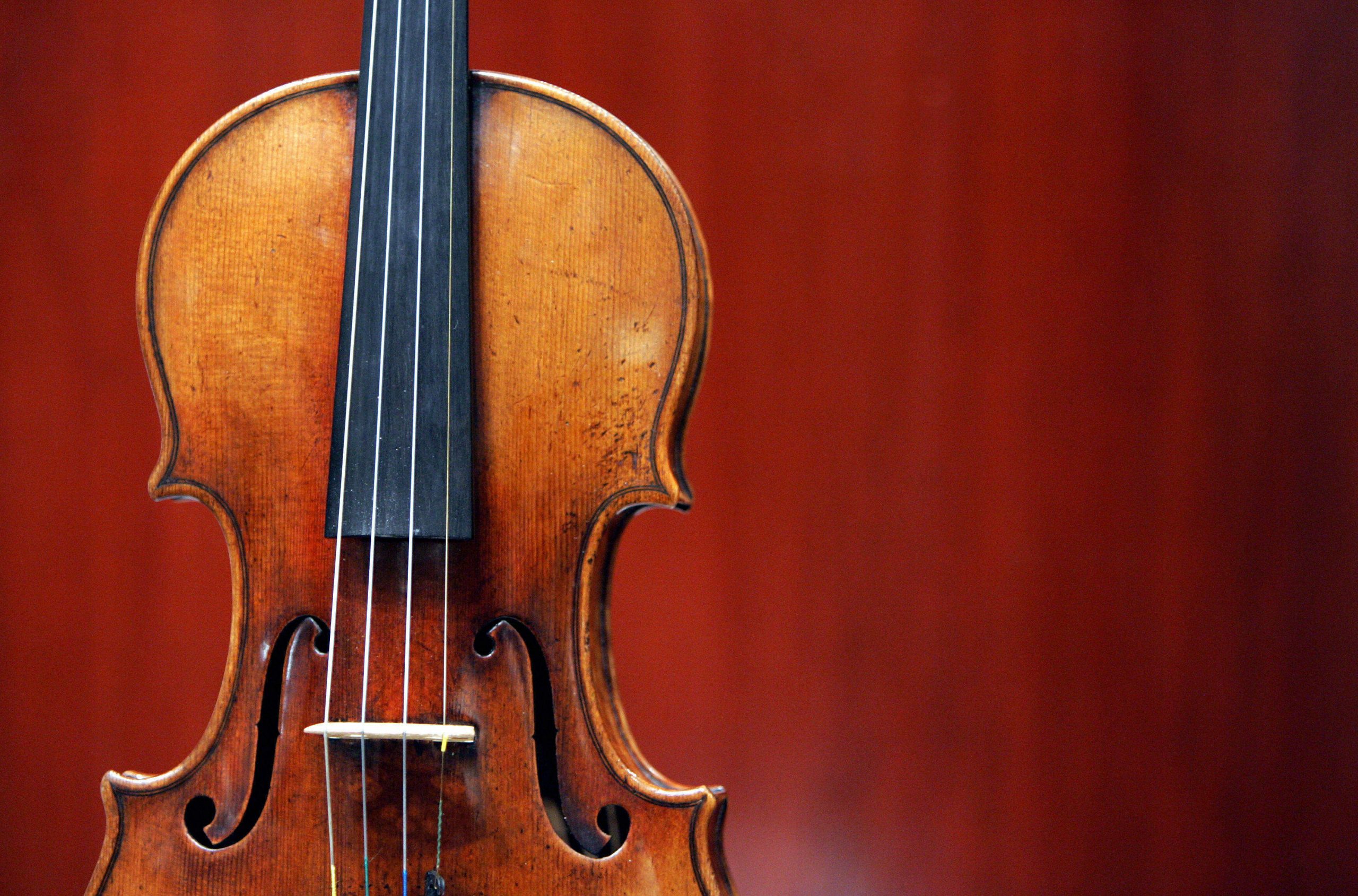
When Carrie Miller opened her cello case after a domestic US flight in January this year, the instrument she had spent years saving up for was in pieces. Miller, a graduate music student at Florida State University, was devastated. She had an important recital coming up, and she had relied on teaching cello to cover her student fees. She could not afford to buy another cello of the same standard.
On a GoFundMe page she set up in the wake of the incident, she wrote: “Not having my instrument this past week has been horrible. I feel so lost without it.”
Miller believes the cello was destroyed because she was unable to check it in at the gate, as she had previously done, and instead forced to stow it in the hold. Two years earlier, Karl Fenner experienced a similar shock. He flew back from a successful audition for Atlanta Symphony Orchestra, and checked his double bass into the hold. When he picked it up at the other end, the neck of the instrument was snapped in two.
To understand the dilemma facing professional musicians taking flight, imagine you have a job which requires travelling between cities, countries and occasionally continents. Now imagine that in order to do that job successfully, you have to carry around a 19th century, one-of-a-kind vase. Finally, imagine you paid for that vase with years of savings or a loan worth tens of thousands of pounds, while the most you can expect to earn is £30,000 a year.
In an interview with classical musician magazine The Strad, Fenner, the double bassist, said he had paid around $400 a month for almost eight years to buy the instrument, which he valued at between $35,000 and $40,000. The flight case, which was also destroyed, would cost thousands of dollars to replace.
For this reason, most professional musicians try to take small instruments on planes as hand luggage. Doing so, though, can mean confrontation. Earlier this month, Jennifer Hutcheon was frogmarched from a boarding gate in Belgium after refusing to allow her bagpipes to be stowed in the hold. In June, the freelance violinist Aingeala De Búrca claimed she was forced to leave a plane travelling from Bristol to Dublin for the same reason. Meanwhile, in the United States, a flight attendant allegedly tried to wrestle a violin from the indignant Yennifer Correia’s hands.
Musicians have been travelling by plane for decades, though, so why do these clashes continue? “A number of airlines have responded to musicians’ complaints by changing their hand baggage policies to allow violins and violas in cabin overhead lockers,” said Charlotte Smith, the online editor of The Strad. “However, the lack of policy consistency across the airlines is confusing for musicians and causes endless problems at the check-in desk – particularly when airline staff are unaware that the policy has been implemented.”
A glance at airline regulations reveals how nerve-wracking it is for musicians to take to the skies. EasyJet allows violins, violas, piccolos, flutes, clarinets, bugles and trumpets as hand baggage, but “strictly at the Captain’s discretion”. Ryanair, on the other hand, charges a fee for any musical instrument which the airline “elects” to carry, and describes large instruments as “inherently unsuitable” for the hold.
For cellists, who must buy an extra seat to bring their cello into the cabin, airport bureaucracy has gone to farcical extremes. In 2016, Jane Bevan, who booked an extra seat for her cello on a flight from Switzerland to Boston, was told at check-in that it needed an ESTA visa. She was unable to board the flight. For musicians travelling to the US, another concern is the ivory ban. Since 2014, musicians with old instruments containing ivory must carry documentation showing that it dates to before 1976.
The number of incidents reported is on the rise, although Smith acknowledges this could be in part because musicians are now more likely to go public. After the cellist John Kaboff was forced off a plane in Washington DC for being a “security risk”, he shared his story on Facebook Live. Thousands watched it. And in the end, both Kaboff and his cello made the next flight to Chicago.






